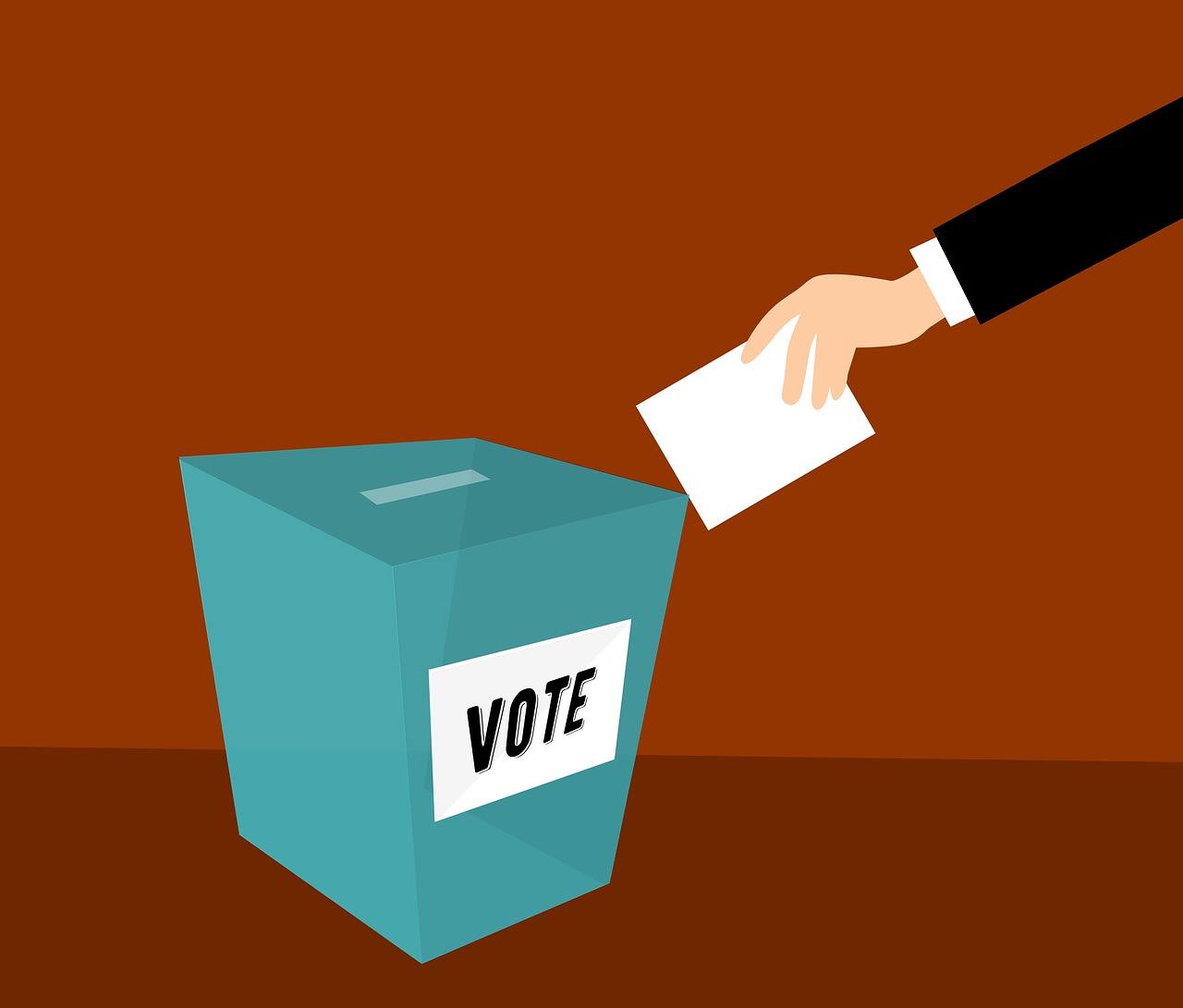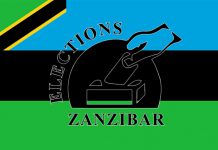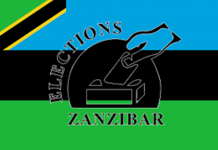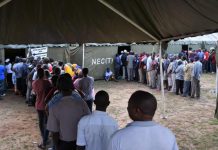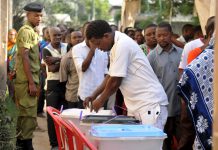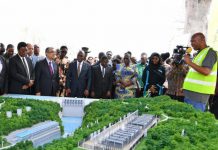Author: MASATO MASATO
AfricaPress-Tanzania: TANZANIA Media Women Association (TAMWA-Zanzibar) yesterday challenged Zanzibar women to come out and join the race for various political posts in the coming general elections later this year.
“We encourage women to come out and contest for electoral posts – it’s their constitutional right and they have to prove that women can also make good leaders,” TAMWA-Zanzibar Director Dr Mzuri Issa said here over the weekend.
Registered political parties in Zanzibar have already opened doors for their potential candidates to collect nomination forms for five leadership levels – Zanzibar and Union presidencies, members of parliament, House of Representatives and councillorships.
According to the 2012 population census, Zanzibar had 1,303,569 inhabitants, projected to grow to 1,671,598 by 2020, with women comprising over 50 percent.
Unfortunately, female majority is hardly reflected in the decision-making organs and in most cases, the group is deliberately discouraged from contesting in the electoral posts.
Amid the strained situation, an average of 200 women were nominated by their political parties in Zanzibar to run for the political posts in the five level posts in the 2015 general elections but without a woman presidential candidate.
Traditionally, women had been encouraged to go for special seats, which according to Dr Issa, “doesn’t at all exhibit gender equality and unity of women but rather end up dividing the female community.”
During the 2015 elections, only three women were elected in parliament, making six per cent; seven representatives or 14 per cent; and 23 councillors, equal to 20 per cent, while only men contested in the presidential post.
Dr Issa advised the Zanzibar community to support female aspirants to exhibit their potential in working for social cohesion and economic development in the country.
“We also ask the Zanzibar Electoral Commission (ZEC) to create and adopt a system of receiving complaints from the public on women who will face any form of sexual harassment during the electoral process,” said Dr Issa.


